What would you replace older model HVAC units & Water Heater with?
Norah Mahon
2 years ago
Featured Answer
Sort by:Oldest
Comments (15)
Related Professionals
Lockhart Solar Energy Systems · Brentwood Los Angeles Solar Energy Systems · Cocoa Beach Solar Energy Systems · El Mirage Solar Energy Systems · Peabody Solar Energy Systems · Hacienda Heights Home Automation & Home Media · Severn Home Automation & Home Media · Sugar Hill Home Automation & Home Media · Shawnee Fireplaces · Fairfield Fireplaces · Hoffman Estates Fireplaces · Wolf Trap Handyman · Bethel Park Kitchen & Bathroom Remodelers · Santa Fe Kitchen & Bathroom Remodelers · Southampton Kitchen & Bathroom RemodelersNorah Mahon
2 years agoCharles Ross Homes
2 years agomike_home
2 years agoCharles Ross Homes
2 years agomike_home
2 years ago3onthetree
2 years agoJake The Wonderdog
2 years agolast modified: 2 years agomharon
2 years ago
Related Stories

GREAT HOME PROJECTSHow to Switch to a Tankless Water Heater
New project for a new year: Swap your conventional heater for an energy-saving model — and don’t be fooled by misinformation
Full Story
BATHROOM DESIGNWater Damage Spawns a Space-Saving Bathroom Remodel
A game of inches saved this small New York City bathroom from becoming too cramped and limited
Full Story
SAVING WATER11 Ways to Save Water at Home
Whether you live in a drought-stricken area or just want to help preserve a precious resource, here are things you can do to use less water
Full Story
HEALTHY HOMEHow to Choose a Home Water Filtering System
Learn which water purification method is best for your house, from pitchers to whole-house setups
Full Story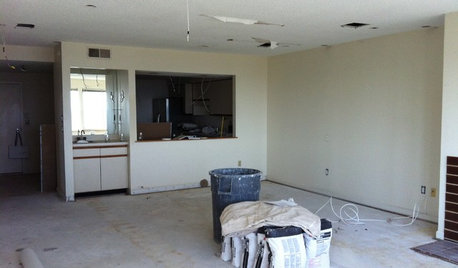
DISASTER PREP & RECOVERYRemodeling After Water Damage: Tips From a Homeowner Who Did It
Learn the crucial steps and coping mechanisms that can help when flooding strikes your home
Full Story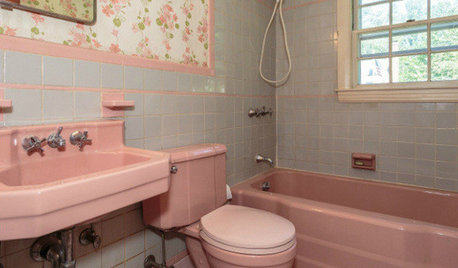
BATHROOM COLOR8 Ways to Spruce Up an Older Bathroom (Without Remodeling)
Mint tiles got you feeling blue? Don’t demolish — distract the eye by updating small details
Full Story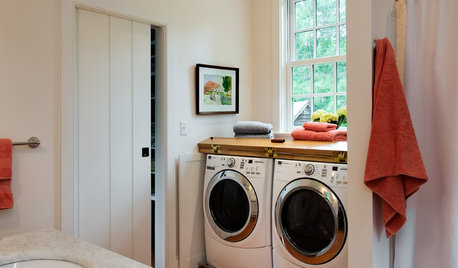
GREEN BUILDINGWater Sense for Big Savings
Keep dollars in your pocket and preserve a precious resource with these easy DIY strategies
Full Story
REMODELING GUIDESDesign Workshop: Is an In-Law Unit Right for Your Property?
ADUs can alleviate suburban sprawl, add rental income for homeowners, create affordable housing and much more
Full Story
REMODELING GUIDESReuse or Replace? How to Save Money on Your Remodel the Smart Way
Find out when you should keep your appliances, fixtures, tile and countertops — and when you should replace them
Full Story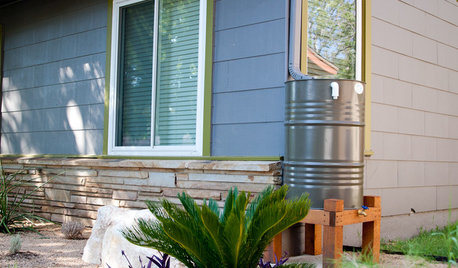
GREEN DECORATINGEasy Green: Big and Small Ways to Be More Water-Wise at Home
These 20 tips can help us all make the best use of a precious resource. How do you save water in summer?
Full StorySponsored
Your Custom Bath Designers & Remodelers in Columbus I 10X Best Houzz
More Discussions







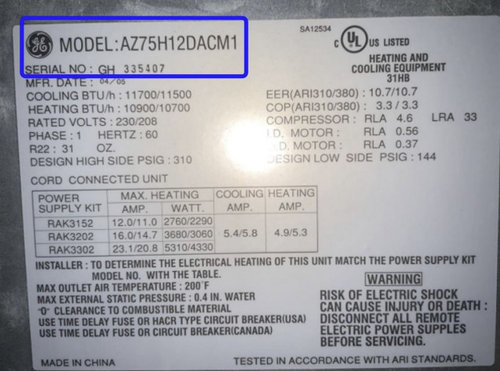

Jake The Wonderdog